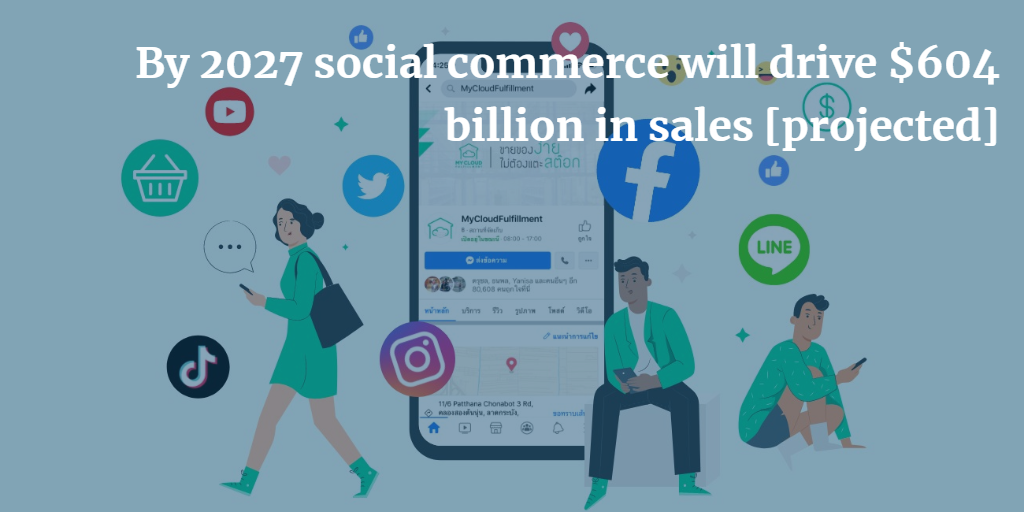
What is social commerce?
Social commerce is a subset of electronic commerce that involves social media and online media that supports social interaction, and user contributions to assist online buying and selling of products and services.
The term social commerce was introduced by Yahoo! in November 2005 which describes a set of online collaborative shopping tools such as shared pick lists, user ratings and other user-generated content-sharing of online product information and advice.
Examples of social commerce?
Examples of social commerce include customer ratings and reviews, user recommendations and referrals, social shopping tools (sharing the act of shopping online), forums and communities, social media optimization, social applications and social advertising. Technologies such as Augmented Reality have also been integrated with social commerce, allowing shoppers to visualize apparel items on themselves and solicit feedback through social media tools.
Onsite social commerce refers to retailers including social sharing and other social functionality on their website. Some notable examples include Zazzle which enables users to share their purchases, Macy’s which allows users to create a poll to find the right product.
Offsite social commerce includes activities that happen outside of the retailers website. These may include Facebook storefronts, posting products on Facebook, Twitter, Pinterest and other social networks, advertisement etc.
Why is social commerce important?
Social commerce encourages people to connect with a business through two-way communication. This allows customers to not only engage with your business, but it also gives them the opportunity to use social media as an efficient customer service channel where it’s possible to solve problems.
How big is social commerce?
Social commerce is the use of a social network community to drive e-commerce sales, and it’s a massive market. By 2027, it’s projected that social commerce will drive $604 billion in sales. Apps like Facebook, Instagram, and Pinterest have both dedicated “buy now” indicators on ads, as well as live streams run by influencers that are resulting in goods being sold.
What is the future of social commerce?
China is currently the most mature social commerce ecosystem in the world and looking at China’s social commerce landscape provides insights into what types of innovation might be on the horizon for social commerce. How this innovation will play out locally remains to be seen.

